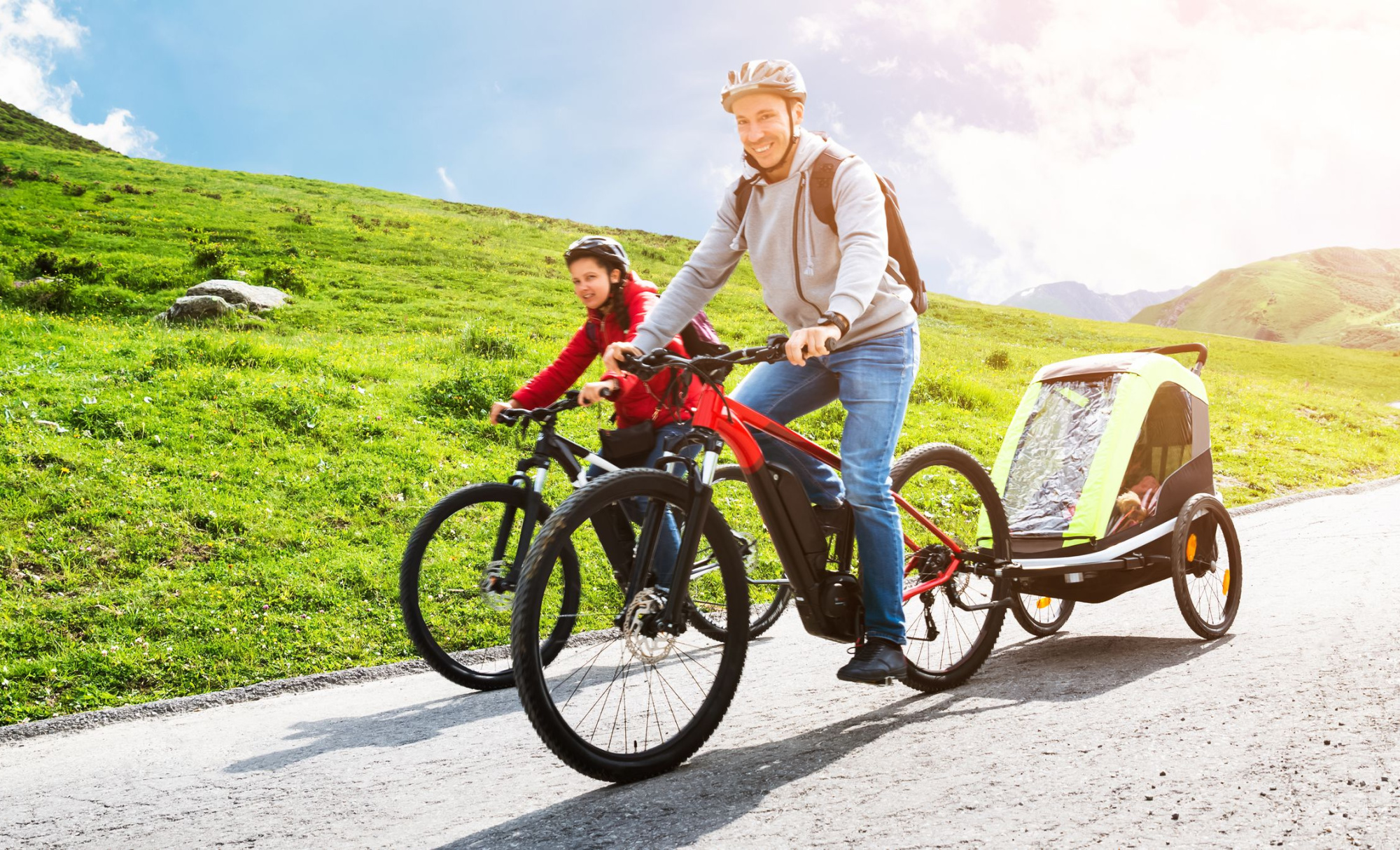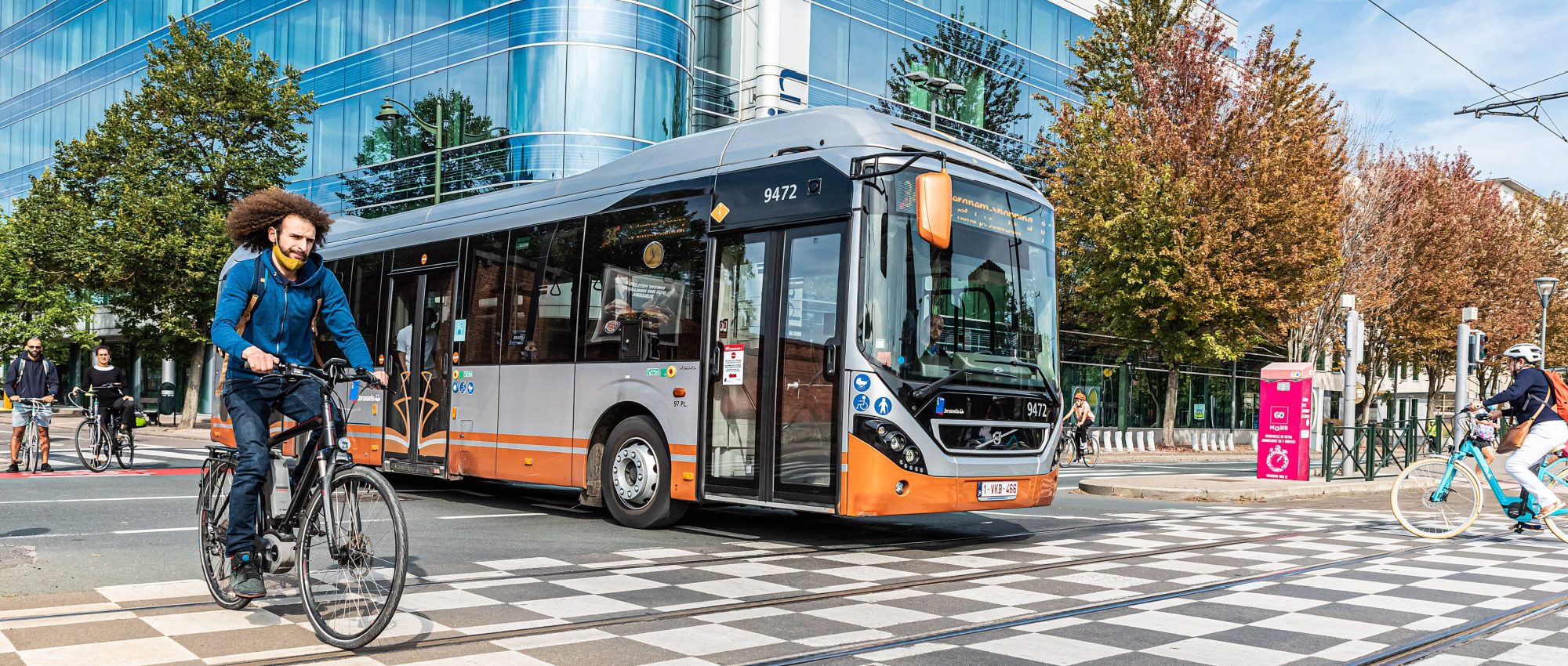In Serbia, 25 cities and municipalities participate in the European Mobility Week by organising car-free pedestrian days, promoting high-speed rail connections, cycling, rollerblading, electric vehicles, workshops, exhibitions, and other events.
So far, over 2,600 cities and municipalities and 650 actions of other organisations such as schools, non-governmental organisations and companies have been registered across Europe.
“Every city has its specificities, and the best solutions are the ones that best serve the city’s inhabitants. This year again, around 3,000 cities and towns from more than 40 countries take part in European Mobility Week, demonstrating their commitment to better infrastructure and transport services for better connecting their citizens, within the cities themselves, but also with their regions, and the rest of Europe”, said the EU Transport Commissioner, Adina Valean.
The event’s purpose is to encourage non-motorised forms of transportation in cities and promote healthy ways of moving without negative impact on the environment, so this year’s theme in Serbia is “Better connectivity”, followed by the slogan “Let’s move better.” The national coordinators of the activities during the European Mobility Week 2022 in Serbia are the Standing Conference of Towns and Municipalities (SCTM) and the Ministry of Construction, Transport and Infrastructure.
In Belgrade, during the entire week of mobility, interactive promotional activities are organised with the participation of interested citizens. The connection between Belgrade and Novi Sad by the Soko high-speed train, new bicycle paths, the new EKO 2 electric bus line, the first inline park section and urban mobility in Block 19a will be promoted – an activity that is implemented in cooperation with the EU Delegation in Serbia.
Cities and municipalities in Serbia participate in this important European campaign since its inception in 2002. Novi Sad keeps the record with 18 participations, followed by Niš with 17 and Belgrade with 14. Kruševac participated 12 times so far. In 2019 Kruševac won valuable European Mobility Week award. In competition with Polish city of Vroclav and Retimno – Greece.
After the manifestation which is planned from 16 – 22 September, permanent improvements such as new bicycle routes, pedestrian crossings, car free zones, access infrastructure for persons with disability, traffic regulation and safety measures, as well as other intelligent solutions for the more efficient movement with less environmental impact are there for citizens benefit. Seven towns and municipalities will achieve permanent upgrades – Belgrade, Čajetina, Niš, Užice, Kruševac, Pirot and Sombor.
Ministry of construction, transportation and infrastructure signed financial incentive contracts with Niš and Aleksinac, for improvement of sustainable mobility. Funds are allocated through action plan for implementation of National sustainable urban development. City of Niš will receive 2 million Dinars and Aleksinac one million. Funds will be used for improvement of bicycle infrastructure in both cities.

The European Mobility week is an excellent opportunity for local communities gathering and discussion on various aspects of mobility and air quality, searching for innovative solutions for reduction of cars usage, to rehearse new technology and planning solutions. The campaign gives an opportunity to the citizens for a new exploration of possibilities for street usage and experimentation with practical solutions which could contribute towards mutual issues resolution, such as air pollution.
EUROPEANMOBILITYWEEK is the European Commission’s flagship awareness-raising campaign on sustainable urban mobility. It promotes behavioural change in favour of active mobility, public transport, and other clean, intelligent transport solutions.
The main event takes place from 16-22 September each year, culminating at the popular Car-Free Day. Local authorities are encouraged to use the main week to try out innovative planning measures, promote new infrastructure and technologies, measure air quality, and get feedback from the public.
With more towns and cities joining every year, and with its huge media appeal, the campaign is widely recognised as a driving force towards sustainable urban mobility in Europe and beyond.




